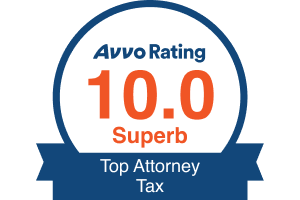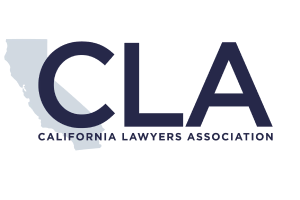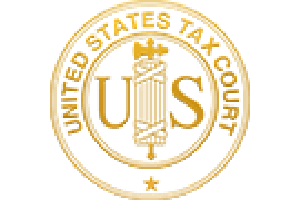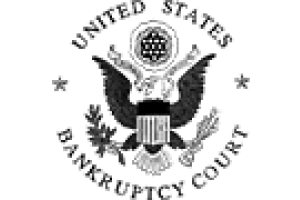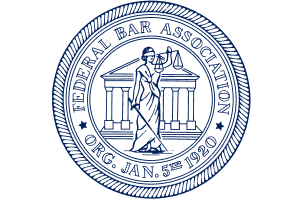Getting Results
Check Cashing Location IRS Tax Audit
Check Cashing Location Tax Audit
Use of cash checking locations by any business owner especially those in certain industries where employees or independent contractors expect cash payment for services rendered is not illegal. It is commonly expected and customary method for compensating workers in construction, restaurant, gardening, garment and many other businesses where physical labor is a vital component of the business. Because of the realities of our current labor market in California, workers are often paid in cash or cash their checks at various check cashing locations. Unfortunately, IRS tax auditor is also under the assumption that check cashing locations can be used to subvert payment of taxes by both business owners and recipient of these checks. These perceptions have led to increased monitoring and IRS tax audits of check cashing locations.
Sample Check Cashing Criminal Tax Audit:
Mr. Fastkrete, a construction contractor in Los Angeles, California, engages in cashing checks to pay his employees or day laborers where he cashed checks below $10,000 to avoid triggering currency transaction reporting requirements and under reported his gross income on his IRS tax returns. Fastkret felt that since he did not expense the labor cost, not reporting the cashed checks as income would be immaterial or have no impact on his IRS income tax returns. Mr. Fastkrete also took several checks to various check cashing locations in Long Beach, Inglewood and Orange County because his regular check cashing business owner advised him that he may have tax problems if too many checks were cashed the same day at the same location. Mr. Fastkrete used this method of check cashing for more than a decade.
This is a common practice in many industries as it is impossible to find workers unless they are paid in cash. However, this seemingly pragmatic business practice violates both tax and financial reporting laws leading to IRS criminal tax audit in many cases. These types of cases often lead to federal charges by US Attorney for tax evasion and structuring, leading to a tax audit attorney’s defense strategy on legal practices around tax evasion, the implications of structuring financial transactions to avoid reporting under 26 U.S.C. § 7201 and structuring a currency transaction in violation of 31 U.S.C. § 5324(a)(3).
In the event that a business owner is notified of IRS tax audit or criminal tax investigation, it important for the tax audit lawyer to recognize that the IRS has multiple tax audit methods to reconstruct income and to estimate profit margins designed to maximize the tax loss to the IRS. Tax attorneys need to recognize the incentive for maximum tax assessment which provides leverage to the IRS for stronger federal criminal tax charges and greater publicity exposure for a criminal tax activity for business owners in Los Angeles and throughout California.
If a business owner has not been contacted by the IRS criminal tax investigators or IRS tax auditor, a taxpayer may be able to avoid criminal tax charges with proper timely tax disclosure. To make a preemptive disclosure, a taxpayer should retain a tax attorney to negotiate with IRS to minimize adverse criminal prosecution of a business tax fraud case.


